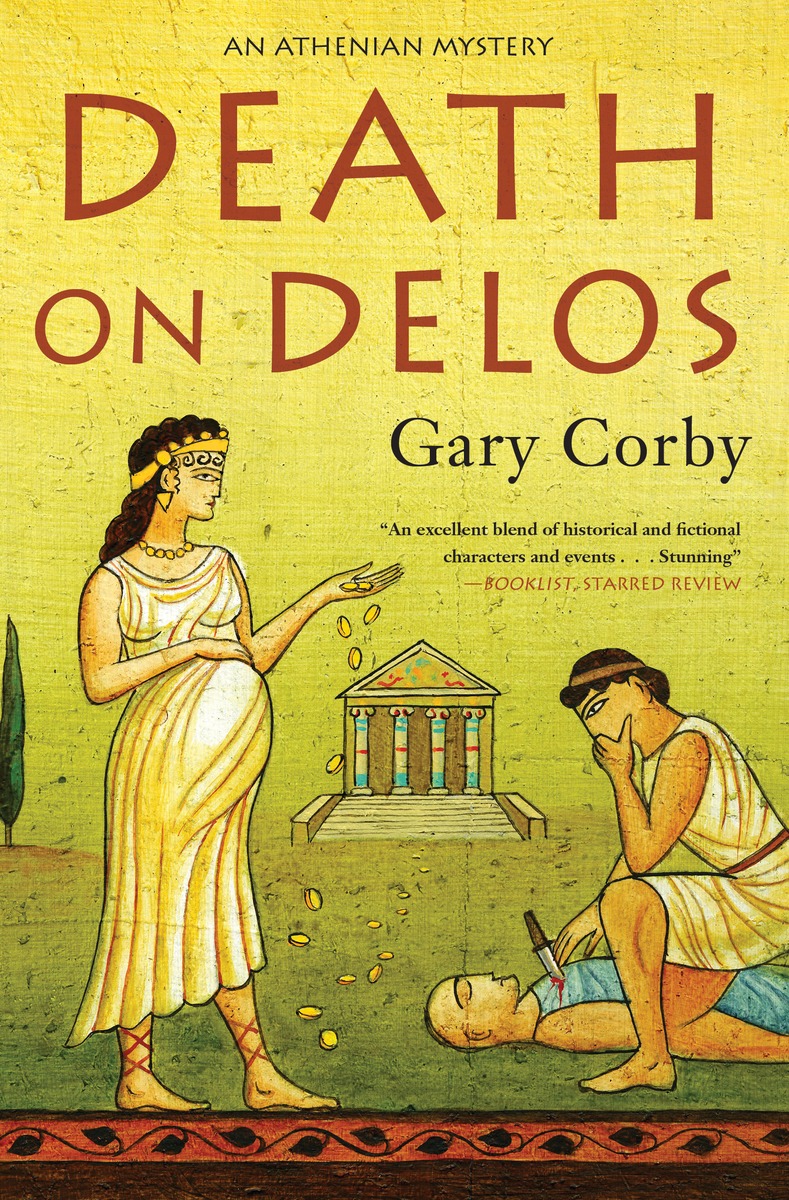I'm going to avoid the toxic cesspit that is US politics, but I thought I'd comment on a recent assertion by Donald Trump that, "No politician in history ... has been treated worse or more unfairly."
Well he'd have some stiff competition on that. It set me to thinking about which politician in history did get the worst treatment.
Back in the ninth century in the city of York, King Aelle of Northumbria had the skin of his back sliced down the middle; then they tore away the skin to expose his spine and entire back — all while he was still alive, mind you — then they used an axe to cut away his ribs from his backbone. The pressure on the cut ribs caused them to splay outwards away from the backbone, which must have been agonizing. This completely exposed all his internal organs. Then they put their hands into his body and pulled out his lungs. All this while he was still alive. But in this position, Aelle died.
This is called the blood eagle, because when it's over there's blood everywhere and the victim with his lungs lying beside him looks like an eagle with wings spread.
King Aelle is one of only two or three people in documented history to have had this happen to them. The other two were Viking princes, and the people who did this to Aelle were the sons of the Viking Ragnar Lothbrok.
It must be said that Aelle had previously thrown Ragnar into a pit of snakes. So there was not a lot of love lost on either side. On the other hand, having your lungs torn out through your back pretty much outranks anything that's happened to Donald Trump.
There is a superb TV series called Vikings, in which this unfortunate episode is portrayed. Don't watch this unless you have a strong stomach.
There are other candidates for worst treatment of a politician. I'd be interested to hear your nominations.







